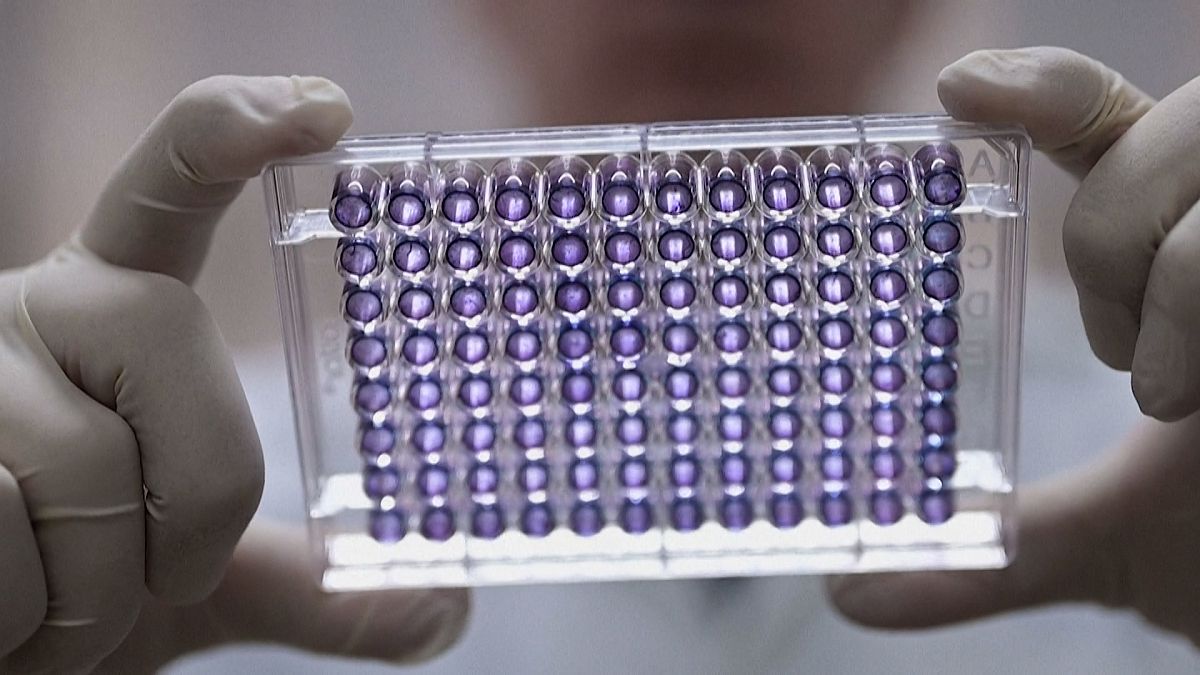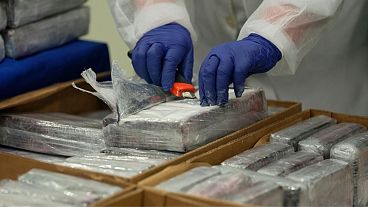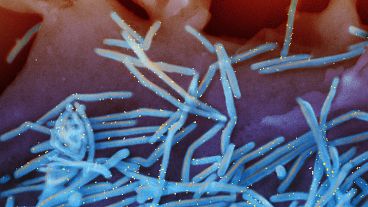The vaccine is designed to help produce anti-cocaine antibodies in the body of a person who is chemically dependent on the substance.
Scientists in Brazil have announced the development of an innovative new vaccine to treat addiction to cocaine and its powerful derivative, crack.
Dubbed "Calixcoca," the treatment, which has shown promising results in trials on animals, triggers an immune response that blocks cocaine and crack from reaching the brain. In simple terms, the vaccine would work by preventing addicts from getting high from the drug.
Researchers involved in the project hope it will help users break the cycle of addiction.
According to Frederico Garcia, a psychiatrist and coordinator of the project at the Federal University of Minas Gerais in Brazil, if the treatment gets regulatory approval, it would mark the first time cocaine addiction is treated using a vaccine.
Last week, the project won the top prize of €500,000 at the Euro Health Innovation Awards for Latin American medicine which was sponsored by pharmaceutical firm Eurofarma.
The vaccine works by triggering patients' immune systems to produce antibodies that bind to cocaine molecules in the bloodstream, making them too large to pass into the brain's mesolimbic system, or "reward centre," where the drug normally stimulates high levels of pleasure-inducing dopamine.
Similar studies have been carried out in the United States which is the world's top cocaine consumer according to the United Nations Office on Drugs and Crime.
But these efforts stalled when clinical trials did not demonstrate sufficient results, among other reasons, Garcia said.
Calixcoca has so far proven effective in testing on animals, producing significant levels of antibodies against cocaine and few side effects.
Researchers also found that it protected rat fetuses against cocaine suggesting that it could be used in humans to protect the unborn babies of pregnant addicts.
The vaccine is now set to enter the final stage of trials: testing on humans.
No 'panacea'
Garcia says Calixcoca could reshape addiction treatment.
"There's no specific registered treatment for cocaine and crack addiction. We currently use a combination of psychological counseling, social assistance and rehabilitation, when necessary," he said.
Garcia believes Calixcoca could add an important tool to that regimen by helping patients at critical stages of recovery, such as when they leave rehab.
The vaccine is made with chemical compounds designed in the lab, rather than biological ingredients, meaning it would be less expensive to produce than many vaccines and would not have to be stored at cold temperatures.
Still Garcia warns that it won't be a "panacea" that can be administered to anyone.
The exact target group will depend on the outcome of clinical trials, but is theoretically meant to be recovering addicts "who are off (cocaine) and want to stay that way," he said.
The goal is to change what Garcia calls a "sad statistic".
According to the US National Institute on Drug Abuse, one in four regular cocaine users becomes addicted.
And just one in four addicts manages to quit after five years of treatment.
Given the stakes, anticipation around the vaccine is high. More than 3,000 people have contacted Garcia's team to volunteer to take part in the clinical trials.
For more on this story, watch the video in the media player above.



